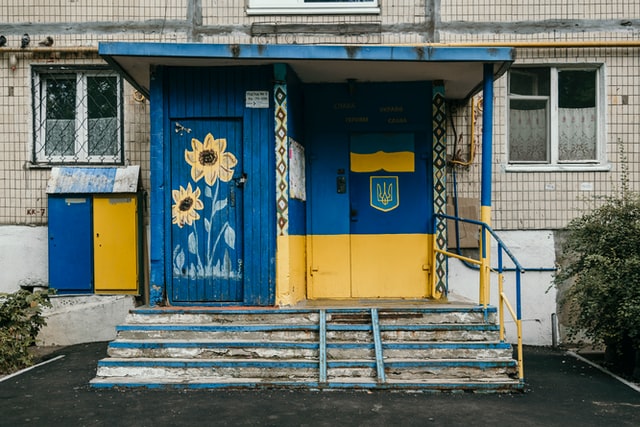‘War and forgetting’: Could Ukraine ever fall as much out of focus as Syria?

One of the best pieces I read on the tragic first anniversary of the Russian invasion of Ukraine (February 24) was by Yascha Mounk, a political scientist who combines an informed perspective on international affairs with a lively interest in our turning world.
Mr Mounk, an associate professor of the Practice of International Affairs at Johns Hopkins University’s School of Advanced International Studies in Washington, DC, is also editor-in-chief and founder of Persuasion.
This is an interesting venture. Persuasion styles itself as a publication, community and “platform for publishing interesting ideas…a convener of pressing debates…the nucleus for a community that seeks to shake the defenders of the free society out of their complacency”.
The piece Mr Mounk wrote on Ukraine’s situation was headlined On War and Forgetting. It was reflective and honest in a way a lot of other anniversary articles were not. Mr Mounk started by dwelling on the apparent peace of a beautiful place, where it feels that nothing bad ever happened. For example, the Val d’Orcia in Central Italy. He describes it as a charmed place. “With its rolling hills topped by medieval towns and its verdant vineyards alternating with earthen fields of wheat, it is easy to fancy that the happy few who get to live there have never seen the worst of which humanity is capable.”
But in actual fact, he points out, the region was overrun by the SS during World War II; they executed scores of civilians who gallantly fought back. Val d’Orcia bears the scars of some of those hideous memories. Mr Mounk writes: “At one of my favorite outlooks, an inconspicuous plaque reminds visitors of this somber history: ‘You who pass and ponder this peaceful valley,’ it reads, ‘stay awhile and remember those who have perished here’.”
For Val d’Orcia in the mid 20th century, see Ukraine today. Back then, Val d’Orcia took the fight to the Nazis; today, Ukraine is resisting a brutal invader.
The point of this observation is the difficulty of keeping places of conflict in focus unless it dominates your everyday life. So to an unpalatable but very real truth. A year ago, in the first weeks after the February 24 invasion, Ukraine “commanded the undivided attention of the Western world”. As Mr Mounk notes, it “dominated the front pages of every newspaper. Thousands of buildings and social media accounts were adorned with Ukrainian flags. A good many people, at least at first, followed every twist and turn of the war with rapt attention.”
But gradually, the attention receded. “The war no longer dominates the front pages of American newspapers. The marketing departments of major corporations came up with plans for removing Ukrainian flags from their office buildings and social media accounts as inconspicuously as possible, often by temporarily replacing them with a symbol of support for some other worthy cause.”
It isn’t callousness, but human nature. Mr Mounk writes: “The discomfiting truth of the matter is that war, if it does not threaten your immediate survival, is both scary and fundamentally boring, making it tempting and easy to look away…the longer a war drags on and the more the corpses pile up, the less one day’s news seems to differ from another’s. On some days one army advances by a few miles, on other days another army does. On some days the residents of this faraway village are massacred, on another day civilians in that faraway town get bombed. At some point even those of us who have deep compassion for the suffering of innocent victims cannot help but notice that, from a purely narrative point of view, wars are less compelling than the average soccer game”.
And then a hideously prescient comment: “If this terrible war should still be raging on its second or third anniversary, it will likely have fallen out of focus just as much as the terrible conflict in Syria eventually did.”
The way to get past the human tendency to tune out may be to keep the focus on the principles at stake in any conflict.

